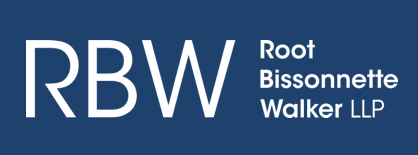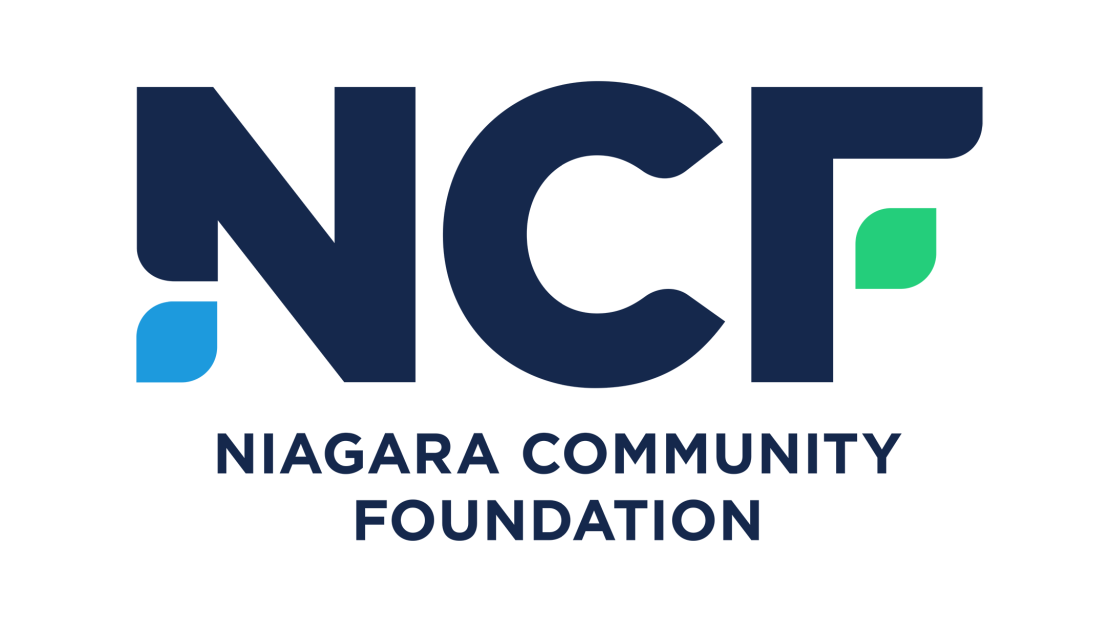Have your retirement plans changed because of COVID-19? If so, you have plenty of company. Nearly eight million Canadians say that COVID-19 has caused them to reconsider their retirement timing, according to the Edward Jones/Age Wave Four Pillars of the New Retirement study. You might have been thinking about retiring early – can you still do so?
Even without a crisis, it’s not a bad idea to review your important life goals from time to time. So, in thinking about the possibility of early retirement, consider these factors:
- Your retirement lifestyle
Your ability to retire early depends somewhat on what sort of lifestyle you’re anticipating during your retirement years. If you think you’ll be traveling extensively or pursuing expensive activities, you might not be able to afford to retire as early as someone with more modest ambitions. Of course, there’s no “right” or “wrong” way of living in retirement – we all have our own dreams and preferences. But be aware that different lifestyles do carry different price tags – and have different effects on when you can retire securely. - Sources of retirement income
Obviously, a key factor in knowing whether you can retire early is the amount of retirement income you can rely on. So, you’ll have to assess all your sources: including government pension plans (CPP/QPP and OAS) as well as your own investments and an employer sponsored plan if you have one. The amounts you receive from these sources will depend on a variety of factors.For government pension plans, the longer you wait until collecting, the larger your monthly payments (although they will “top out” when you reach 70, excluding cost-of-living adjustments). In regard to your investments and retirement accounts, you’ll need to establish a withdrawal rate that’s appropriate for the length of time you expect to be retired. So, by adjusting these variables – taking these benefits earlier or later, taking more or less money from your retirement accounts – you can help determine if the retirement date you had in mind is viable. - Your feelings about work
Your goals are not static – they can change in response to any number of reasons, both external and personal. When you first decided you wanted to retire early, you might have been motivated by, among other things, a weariness of your current job. But has that changed over time? Have you found new challenges that interest you at work? Or, if you were forced by the pandemic to work remotely, did you actually enjoy the arrangement and want to continue it?
After all, many employers have found that their workers can be just as productive working at home, so, even when we’ve gotten past COVID-19, we might see a sizable shift in the geography of the workplace. In any case, if your feelings about work have changed in some way, leading you to think you could work longer than originally planned, you’d likely gain some financial advantages. You’d make more money, for starters, but you’d also keep building your Registered Retirement Savings Plan (RRSP) and Tax Free Savings Account (TFSA), and you could even possibly delay taking government pension benefits.
The pandemic may lead to a reevaluation of many financial goals – and taking early retirement might be one of them. By thinking carefully about your situation and your options, you can come up with a course of action that’s right for you.
This article was written by Edward Jones for use by your local Edward Jones Financial Advisor, Nicolle Lalonde.
 Back to myNiagaraOnline
Back to myNiagaraOnline
































